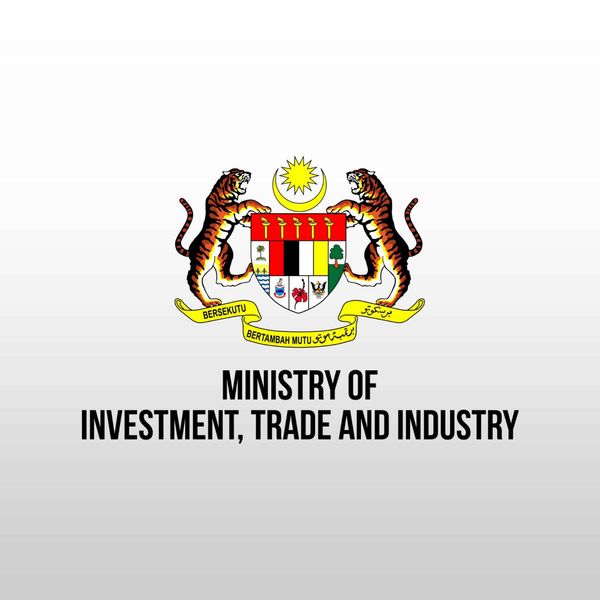KUALA LUMPUR, May 13 — Malaysia has decided to impose definitive anti-dumping duties on the importation of certain flat-rolled products of iron or non-alloy steel from China, India, Japan, and South Korea.
The decision comes after an investigation to determine the existence, degree, and effect of alleged dumping of such products from these countries.
The Investment, Trade, and Industry Ministry (Miti) said the government had initiated an anti-dumping duty investigation on August 14 last year into the imports of flat-rolled products of iron or non-alloy steel, with a width of 600mm or more, clad, plated or coated with tin (electrolytic tinplate or tinplate) originating or exported from the four countries (subject merchandise), based on a petition filed by Perusahaan Sadur Timah Malaysia Bhd.
“The government has completed the investigation and made a final determination that the subject merchandise is being imported into Malaysia at a price lower than the selling price in the alleged countries, causing material injury to the domestic industry in Malaysia producing the like product,” it said in a statement today.
As such, definitive anti-dumping duties will be imposed on the importation of the subject merchandise from China (at 4.48 per cent to 20.42 per cent), India (27.88 per cent), Japan (15.74 per cent to 36.80 per cent), and South Korea (21.60 per cent to 35.43 per cent).
“The Royal Malaysian Customs Department will enforce the collection of the anti-dumping duties on the imports of the subject merchandise for a period of five years, effective from May 11, 2025, to May 10, 2030.
“With the imposition of anti-dumping duties on the imports of subject merchandise from the alleged countries, it is expected that the effects of unfair trade practices will be addressed,” Miti said.
Interested parties, including local producers, importers, foreign producers, exporters, and trade associations registered in the investigation, can have access to the non-confidential version of the final determination report by submitting a written request to Miti’s Trade Practices Section.
— Bernama


